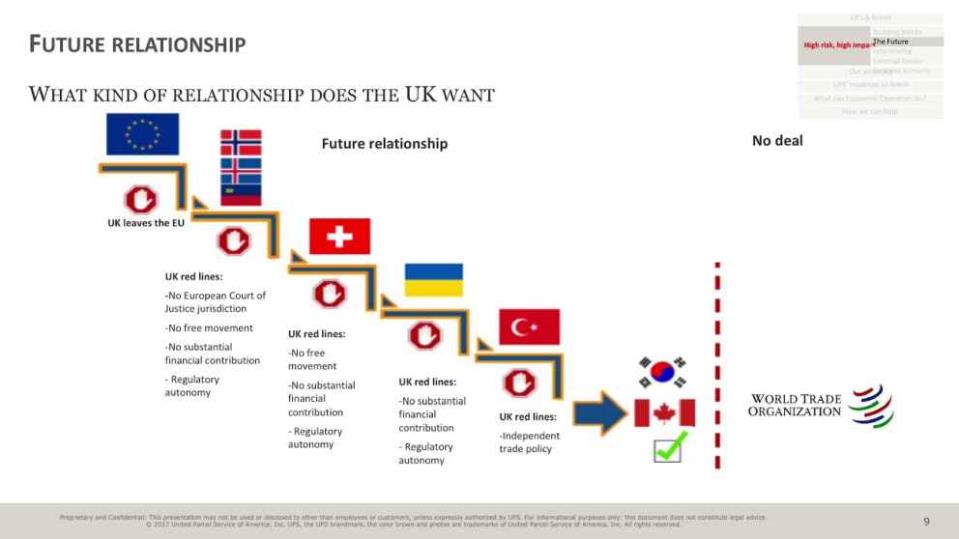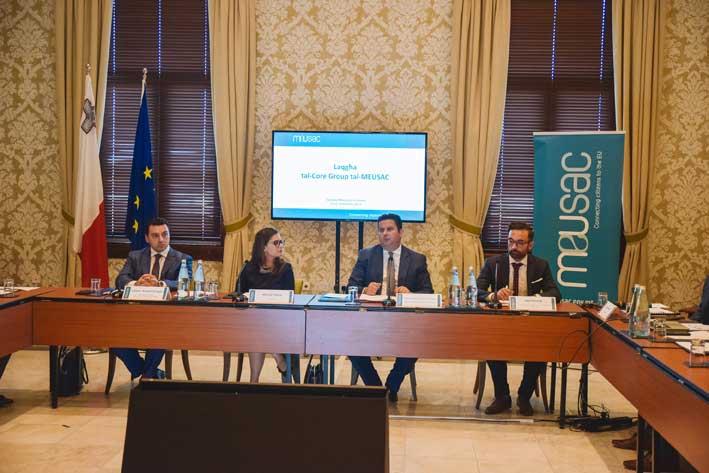Minister for European Affairs Edward Zammit Lewis compared the Brexit saga to a “South American Telenovela” which is “volatile” and “changes every day”, during a MEUSAC meeting on preparations for the withdrawal of the United Kingdom from the European Union.
Since the hotly contested referendum where the British public chose to leave the EU, the uncertainty among member states of the continental bloc has festered for years due to the constant breakdown of negotiations over a potential deal and the heated internal politics in the House of Commons which has led to extensions.
Head EU Secretariat in the Ministry for European Affairs Glenn Micallef gave a presentation on the current state of affairs with regards to Brexit, noting that negotiations were stalling due to the British Prime Minister Boris Johnson being yet to present any concrete proposals on what mechanism could replace the Irish backstop.

Where do we stand?
Micallef explained that it was essential, in the case of a No-Deal scenario, that EU citizens, businesses and financial settlements are not adversely impacted.
Pointing towards a ‘Future Relationship’ step graph showing the various deals currently in place with states that are not full members of the European bloc, he noted that one of the policies Boris Johnson said that he would be implementing was the loosening of regulations to allow the UK to be more competitive than the EU – something which will more than likely affect tariffs and other trade issues.
Focusing on preparedness and contingency measures at a National level sector by sector, Micallef maintained that UK nationals will be protected, and that Identity Malta will be giving out residence permits to those that apply, just as the UK is doing with EU citizens living there.
Driving licenses and professional warrants will also be protected, although the reissuing of warrants will rest on whether education standards in the UK are changed in any way.

The healthcare agreement with the UK will also stand for the Maltese, whilst issues pertaining to the importing and exporting of goods will be undergoing changes depending on the deal between the exiting country, if a deal is reached at all.
A frequently overlooked area of focus pertains to the sharing of data and data protection, particularly with the GDPR legislation that the EU had passed – this exchanging of data between businesses is, again, dependent on any deal made with the UK.
No travel visa is expected to be needed to enter the UK for 90 days or less, although having a passport on hand is suggested.
The Erasmus program for students who have already applied is also being protected, although the UK might choose to opt into the program following their exit from the bloc.

Ministers’ remarks
Speaking at the meeting, Minister Zammit Lewis focused on the working of the budget to be afforded to Malta, whereby the country may see a different train of thought being applied to it due to the reality that Malta in 2012 was not the same as the Malta of today with 5% of economic growth.
Parliamentary Secretary for EU Funds Aaron Farrugia echoed the Minister’s words, noting that with regards to the seven-year budget, Brexit will create problems because it will leave a hole of approximately €10-12 billion a year.
This leaves the choice to either increase the funds being put into the EU, or decreasing the amount of money dished out, although Farrugia maintained that before Brexit is put behind us then we cannot properly work on the European budget – which will incidentally see a bigger role in areas of defence, migration and security.